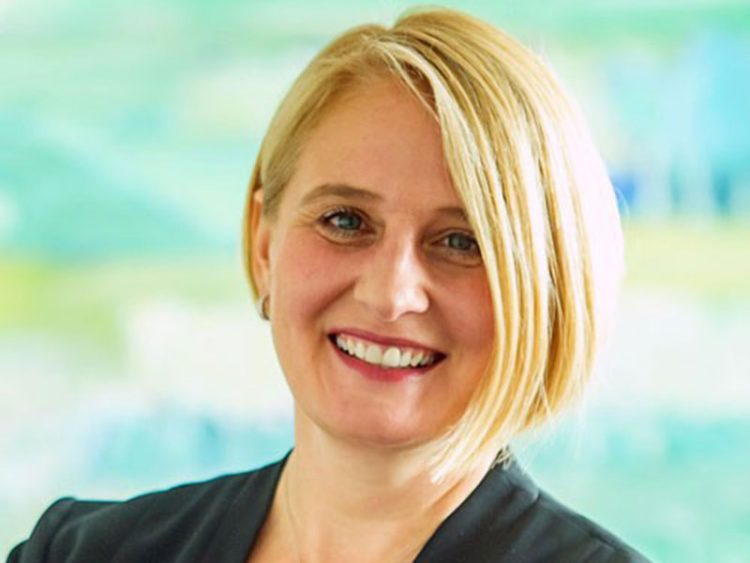
Though only 22, Tatiana Choi has some unique experiences on her resumé, including competing in cheerleading on a global stage and teaching business to students in Tanzania. Now, she’s pursuing a career in the financial services industry — and encourages other women to do the same.
“My journey has really taught me invaluable lessons,” Choi said in a phone interview. She was in Portugal, where she’s currently studying on a university exchange.
“To any women who might be hesitant about entering [financial services], I will offer my own encouragement,” she said. “Success isn’t just defined by how much you already know, but more so your willingness to learn and grow through curiosity.”
Choi got insight into the financial services industry in 2022 as a student in the Ivey Business School’s Women in Asset Management program (WAM), which aims to expose more women to the industry. Ivey is part of the University of Western Ontario in London, Ont.
The summer program provides female undergraduate students with four weeks of in-class training, combined with a 10- to 12-week paid internship at an asset management firm. The program is tuition-free and subsidized by corporate sponsors such as RBC Global Asset Management, Brookfield Asset Management, CIBC Asset Management, Mackenzie Investments and Scotia Global Asset Management (SGAM), which also accept interns through the program.
Acceptance to the program includes course materials, accommodations for the in-class portion and networking events.

The program was previously offered only to students at Western but expanded last year to undergraduates of all Canadian universities.
Through WAM internships, firms aim to train students in a way that’s both practical and enjoyable, said Marilyn Croghan, director of investment management operations with SGAM in Toronto and lead of the Ivey program at the firm.
Interns at SGAM do a deep dive into a specific stock and present their research to the investment team, participate in team meetings and sit alongside analysts and portfolio managers to learn what they do, Croghan said.
Further, a book club and lunch-and-learn opportunities give interns a chance to meet with business leaders across the bank, learn about their areas of expertise and gain an understanding of the business.
“It’s a very complicated industry to some extent, and they are undergrad students,” Croghan said. “But we try to meet them in the place where they are at … giving them the real-world and hands-on work experience they need.”
Choi said she previously was intimidated by financial services, but Ivey’s in-class training and her subsequent internship at SGAM changed that.
“I had exposure to multiple teams and departments,” said Choi, an honours business administration student at Ivey. “And I was able to work on projects and receive guidance from my mentor.”
Since its inception in 2022, the number of students admitted to the program has increased to 50 from 34.
But there’s still a long way to go to address gender disparity in Canada’s financial services industry, said Saurin Patel, an associate professor of finance with Ivey and co-director of the WAM program.
The proportion of female portfolio managers in Canada has remained basically unchanged from 1990, Patel said. According to a 2022 report from Morningstar, there are some 1,284 male portfolio managers in Canada versus 175 female ones, or seven to one.
Ivey’s goal is to get the proportion up to 30% by 2030, which Patel said is a “lofty” target.
“It has never been about lack of talent,” he said. “It’s about interest [and] public exposure.”
In addition to learning what asset managers do, undergraduates need to know that working in finance is not just about making money but also about making an impact, he said.
“A lot of our students want to be associated with an industry that … changes people’s lives,” Patel said. Through the program, students hopefully see the impact of a career in financial services, he said, and decide to pursue a career in the industry.
Choi, who is poised to complete her university education in 2025, plans to forge ahead in the financial services industry, participating in the Scotia Wealth Management Associate Program, and eventually joining the firm’s private investment counsel as a wealth associate.
The question is, how many women will follow suit?
“We really have a diversity issue and lack of representation within our investment teams, not just on our team, but industry wide,” Croghan said.